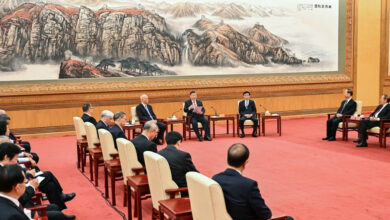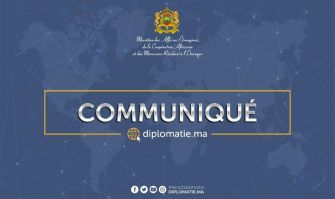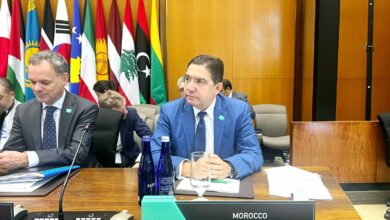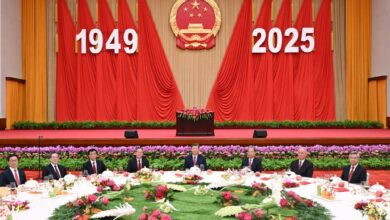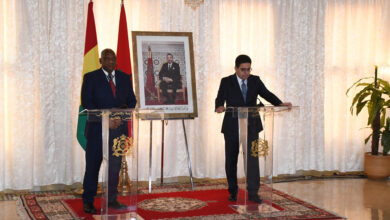Moroccan Drama: Between Generous Funding and Scarce Meaningful Productions — Where Are the Films That Reflect Our History and Identity?
Moroccan Drama: Between Generous Funding and Scarce Meaningful Productions — Where Are the Films That Reflect Our History and Identity?
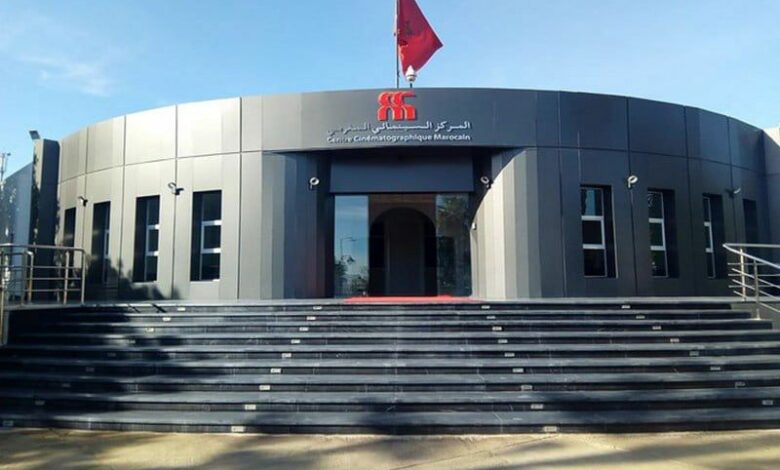
By: Iman Alaoui – ALDAR
With each new drama season, a perplexing question continues to haunt many Moroccans: why don’t the billions funneled into the audiovisual production sector translate into works that reflect Morocco’s rich history, deep-rooted identity, and cultural heritage? Why are there so few series or films commemorating prominent figures such as the sultans and kings of the Alaouite dynasty, while superficial and repetitive productions flourish — works that fail to portray the depth or diversity of Moroccan society?
Every year, tens of millions of dirhams are allocated to support television and film productions through institutions like the Moroccan Cinematographic Center (CCM) and other public bodies, under the banner of encouraging national creativity. However, a closer look at the results reveals that the majority of these funds go to lackluster commercial projects — devoid of meaningful messages, lacking creative vision, and recycling tired narratives that add little to Morocco’s cultural landscape.
According to a 2024 report by the CCM, more than 60 million dirhams were disbursed in direct support for films and series. Yet, the overwhelming share of these productions focused on light comedy or modern social dramas, while historical or documentary works tackling national memory — such as the history of the Alaouite dynasty or the lives of iconic Moroccan figures in politics, diplomacy, and resistance — remain exceptionally rare.
While countries like Turkey and Egypt have succeeded in producing grand historical series that project their image and identity to the world, Morocco continues to fall behind, failing to invest its royal and national archives in artistic projects that showcase the grandeur of its historical epics. Where is the series about Sultan Moulay Ismail? Or the epic stories of liberation and resistance against colonialism? Or the critical moments in history shaped by Morocco’s monarchs in defense of national unity?
Ironically, Morocco is not lacking in talent, inspiring stories, or even infrastructure. It boasts world-class studios in Ouarzazate and a pool of capable Moroccan directors and writers who can deliver internationally competitive content. But the absence of a clear vision from relevant institutions — and the lack of boldness in embracing large-scale productions — has left Morocco trailing behind.
The marginalization of history and identity on screen leaves a dangerous void, one that is increasingly filled by foreign content or superficial local productions that fail to reflect Moroccan reality. Several scholars and experts in media and culture have warned of this structural deficiency, stressing that television and cinema should not be seen merely as entertainment tools. Rather, they are crucial instruments of cultural sovereignty, collective awareness, and reinforcing national belonging.
What Morocco needs today is not merely bigger budgets — but a clear cultural and political will that prioritizes the production of significant cinematic and dramatic works that document Morocco’s history and strengthen its presence in the collective imagination. This is especially vital in the face of identity challenges, narrative battles, and the ongoing need to defend national territorial integrity.
Will we soon witness a comprehensive national initiative that restores the history of the Alaouite dynasty to its rightful place in the visual memory? Will support funds be liberated from the grip of personal networks and loyalties and redirected toward projects that genuinely serve cultural and national interests?
The answer is far from simple… but the starting point lies in recognizing that drama is not a luxury — it is a fundamental pillar of sovereignty.

